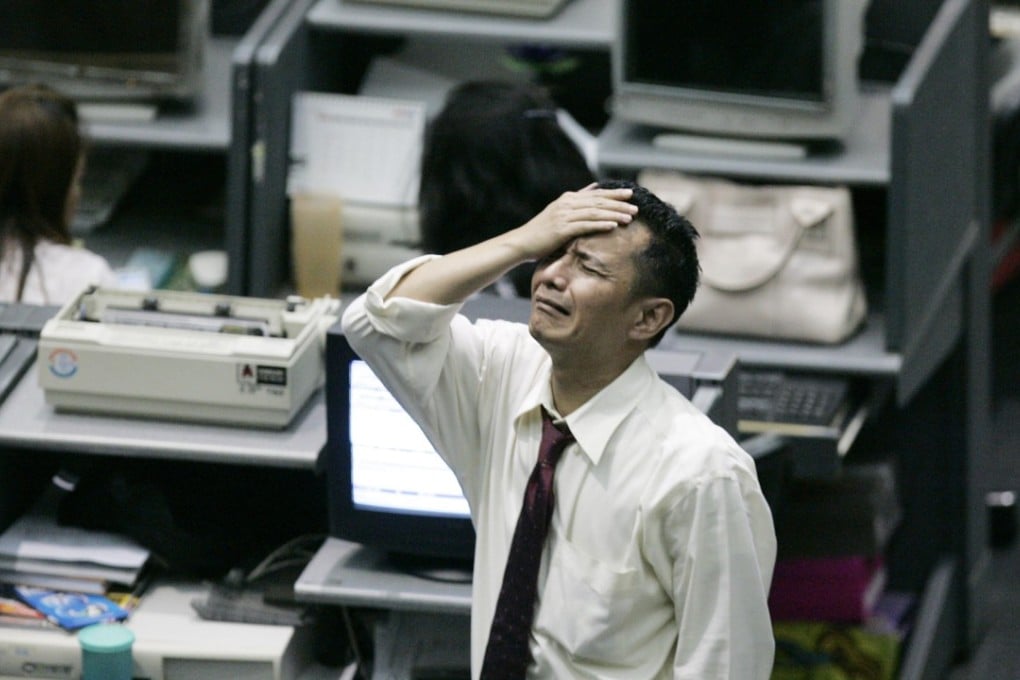The View | Have banks learned anything from the world financial crisis 10 years ago?
The best preparation against catastrophe is tough regulation, enforcement and equity protection. Markets may be self-correcting and clearing, but bad regulatory policies are not.

No respectable financial columnist should forget to commemorate the 10-year anniversary of the global financial crisis.
Although its memories have retreated into the sands of time, don’t forget that it nearly collapsed the international markets. What we learned or failed to learn from that historic event continues to determine our future.
Today, we can see that the financial crisis was a cyclical, secular and historical turning point that sparked the populist movement in America. The anger of the forgotten class spawned from the crisis allowed for the electoral victory of Donald Trump, an unconventional and reviled candidate who was outspent, out-organised, out-polled and demonised daily (even today).
In May 2007, ground zero for bank megalomania was in full swing, fuelled by low interest rates and a rising market.
“As long as the music is playing,” Charles Prince, then boss of Citigroup, told the Financial Times. “You’ve got to get up and dance.”
And for global banks, dancing meant empire building. By October 2007, Royal Bank of Scotland and its buyout group completed the banking industry’s biggest takeover, which began in May.

